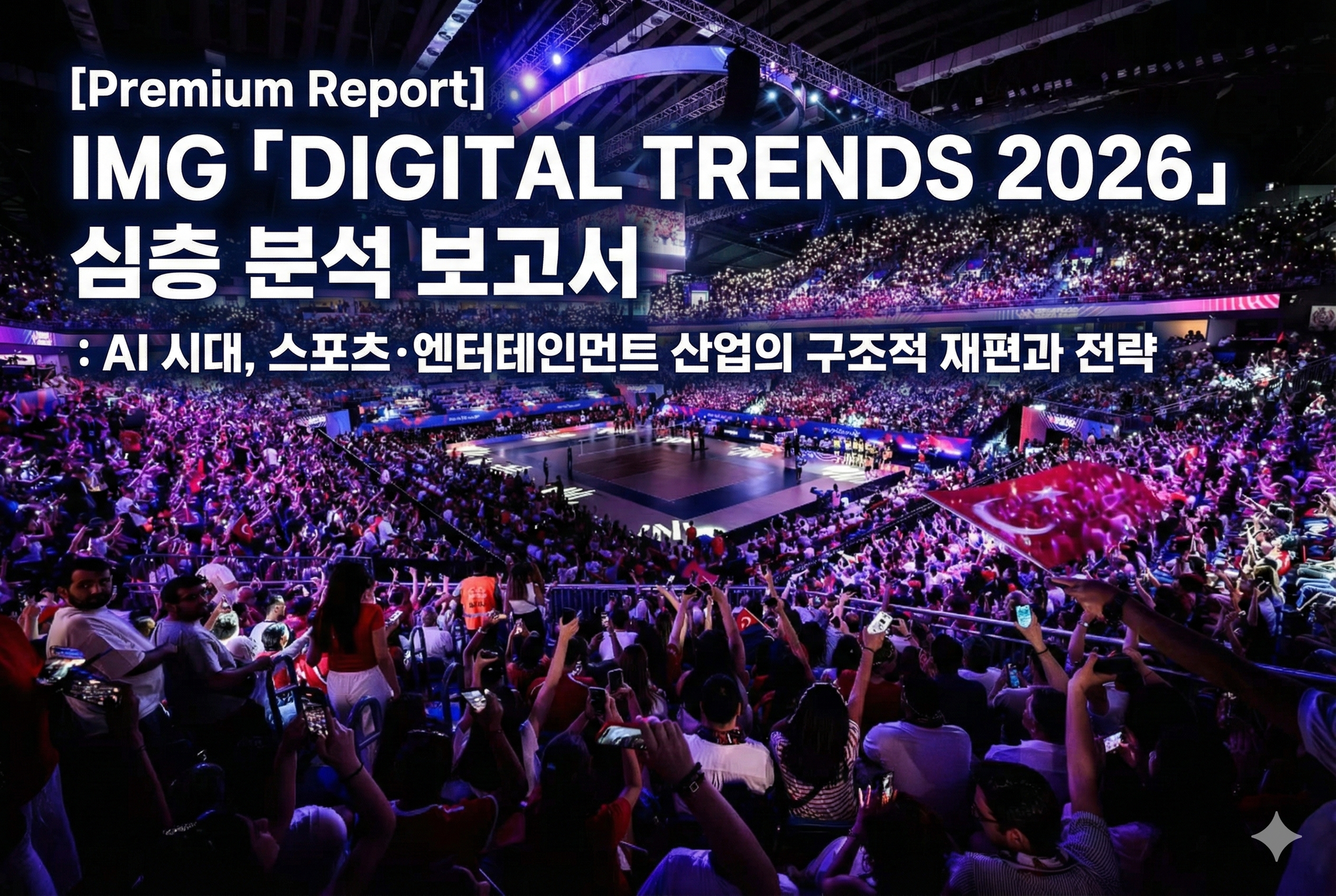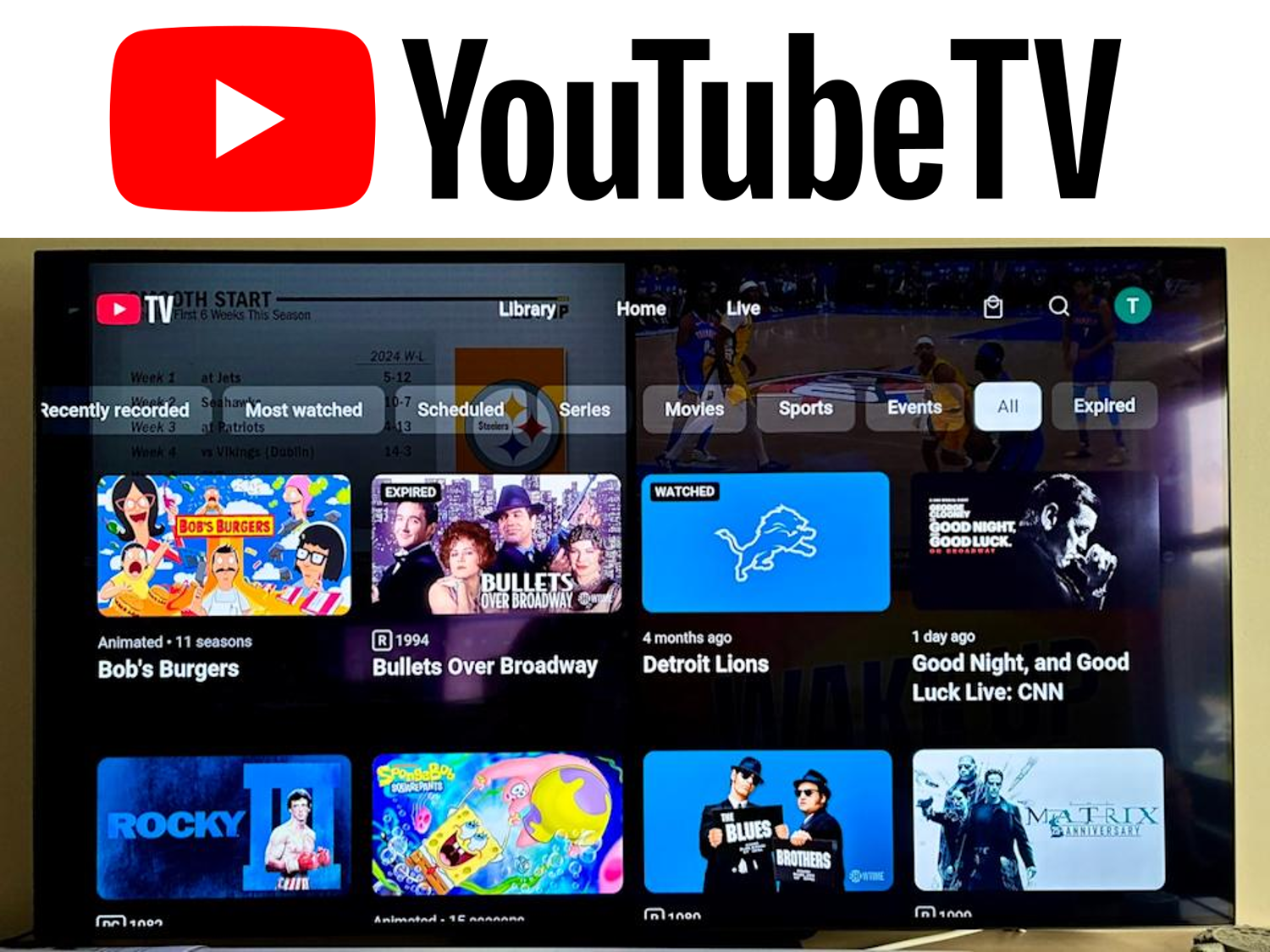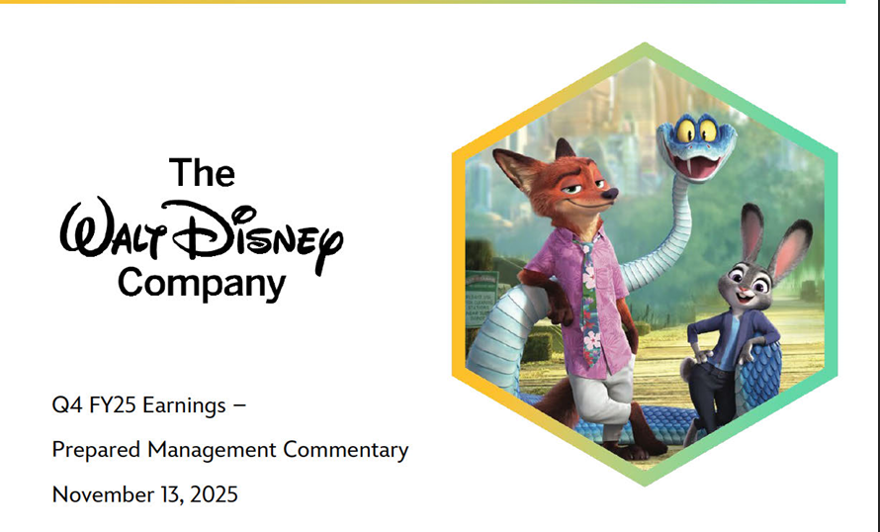Samseog Ko(Distinguished Professor, College of AI Convergence, Dongguk University / Former commissioner, Korea Communications Commission)
CES2024 has come to a close after a week of global excitement with the theme All together All on, enabling all technology for all. The Las Vegas Convention Center (LVCC) and the Strip, where CES2024 was held, were filled with innovation from more than 4,000 exhibitors and 140,000 attendees from more than 150 countries around the world.
Held on the 100th anniversary of the founding of the U.S. Consumer Technology Association (CTA), the organizer of CES, CES 2024 was the first in-person event since the end of the COVID-19 pandemic was declared, which was enough to capture the attention of the global media and industry.
Prior to the opening of CES2024, the CTA announced that the event would be centered around five major themes: Artificial Intelligence, Mobility, Food & Agricultural Technology, Health & Wellness Technology, and Sustainability & Human Security.
However, aside from the actual show floor layout, there was no shortage of differences in the main trends I saw on the ground in Las Vegas, as well as in the attention paid to CES2024 by attendees and the media. Based on my first-hand experience, here are some of the key takeaways, implications, and challenges from CES2024.
First, "CES2024 started with AI and ended with AI." Of the five major CES2024 themes previewed by CTA, AI dominated the event.
In fact, CTA has already predicted that AI will be one of the key technology areas highlighted during pre-show events such as Media Day. "The 'advancement of AI' across all industries - mobility, smart home, digital healthcare, sustainability and human security - will be the biggest topic of conversation at CES2024," CTA said, adding that AI technology will be seen in nearly every booth.
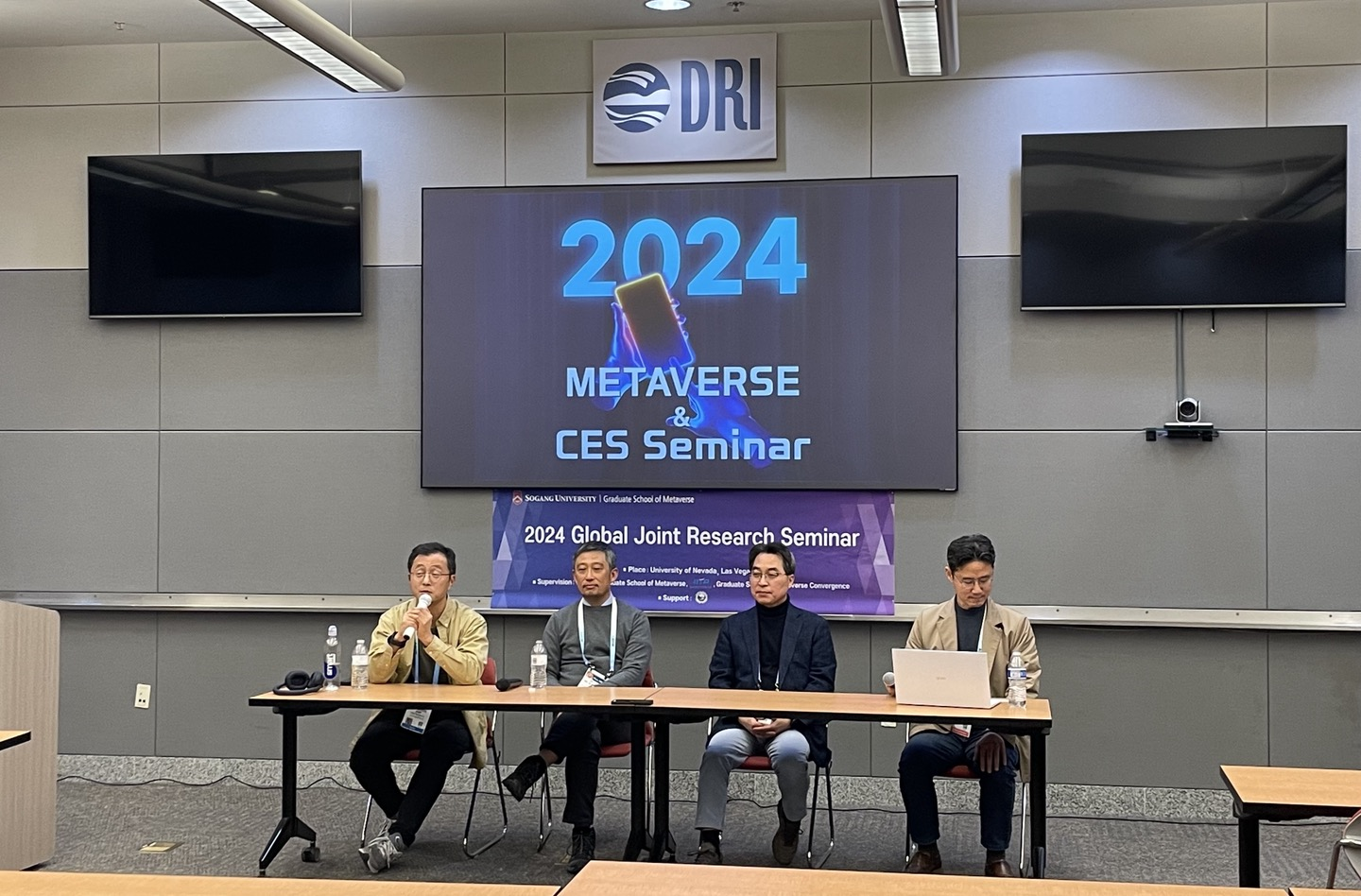
Since the emergence of ChatGPT, a generative AI, in late 2022, the trend of AI's widespread proliferation across industries has been evident at CES2024. No one who attended CES would argue with this assessment.
Global consumer electronics companies such as Samsung and LG focused on demonstrating the potential of AI in real life rather than actual products such as TVs and refrigerators. Samsung, in particular, organized its entire exhibition area around the theme of "AI for All," and was praised for putting AI in the forefront rather than products.
Above all, the attempts of domestic home appliance companies to operate the TV, which has been called a "dumb box," as an "intelligent hub" (platform) for each home using AI are highly appreciated as a rediscovery or new revival of the TV.
"AI technology is not just for IT companies," said Park Jung-won, chairman of Doosan Group, which operated an exhibition booth under the theme of "Our Planet, Our Future." "We need to actively utilize AI technology not only in the construction machinery sector but also in all other business areas," he said, emphasizing the need to spread AI. It is clear that this is a priority technology trend that governments and private companies should keep in mind and prepare for in the near future.
Second, "connection and convergence" based on advanced technologies such as AI was identified as a new growth engine. The development and advancement of AI technology is of course important, but it is a means to an end. The key is the extent to which AI is utilized in real life through industrial sites or products to improve productivity and provide efficiency. In other words, what kind of 'benefits' are provided by the use of AI to companies and individuals is an important issue. CTA also paid attention to this aspect.
The generalization of AI across all industries and the active use of advanced technologies such as AI is a "work in progress". This means that the final goal and execution strategy of digital transformation using advanced technologies are very important variables. These are the issues related to digital transformation (DX) in each industry.
"Digital transformation" was not a topic that CTAs brought to the forefront of CES2024. The media covering the event didn't use the term much either, but that's because they were chasing the "glitz and glamor" of CES and missing the point. It's safe to say that digital transformation was an inherent concern and a key theme for every company, in every industry, at CES.
You only have to look at the most important event of CES, the keynote, to see how much attention is being paid to digital transformation in CTAs.
At CES2024, for the first time in CES history, Nicolas Hieronimus, CEO of global cosmetics maker L'Oréal, took the keynote stage and made a big splash. He introduced the success story of digital transformation by utilizing an app (technology) called "Beauty Genius" developed based on AI to revolutionize traditional beauty services and "connect" L'Oréal and consumers in a new way.
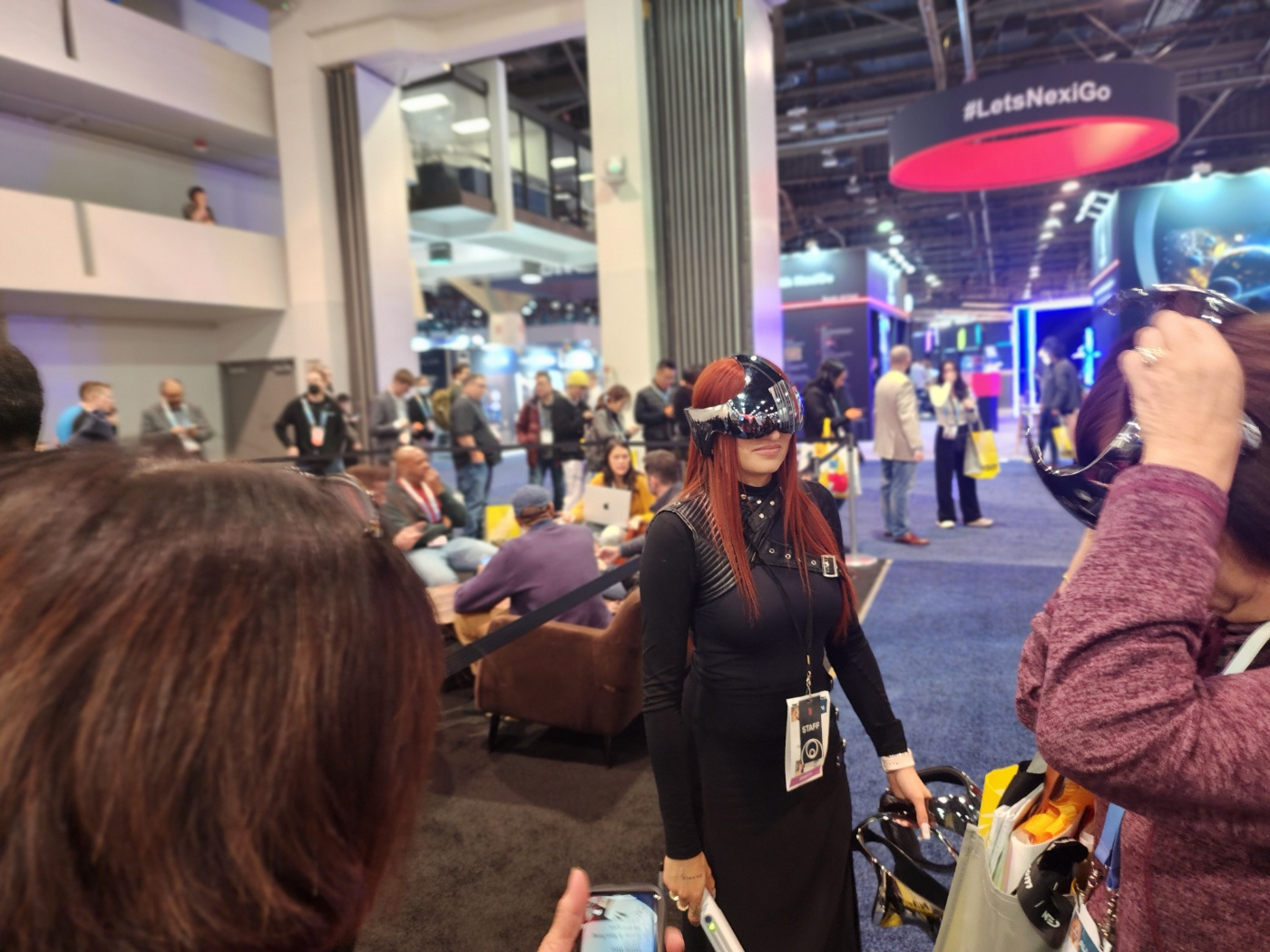
The keynote by Doug McMillan, CEO of US retail giant Walmart, was also filled with examples of Walmart's digital transformation with AI. In his keynote, McMillan explained how Walmart is redefining the "relationship" with its customers by gradually converting its brick-and-mortar Sam's Club stores to an app-based online service.
Judging from the trends at CES2024, we can expect to see more innovation and digital transformation efforts this year as companies look to incorporate advanced technologies such as AI into their industrial sites and products.
Third, the key message of CES2024 can be summarized as "We need to go beyond the advancement of technology and focus on solving the problems faced by individual countries and the entire human race through technology."
CTA, the organizer of CES2024, made it clear that in response to climate change, technology and businesses must contribute to sustainability, including energy efficiency, access to clean water and environmental protection, smart cities, and resilience. Along with AI, the sustainability theme was one of the twin streams that ran through CES. The sheer volume of products, technologies, and discussions around it was staggering.
Sustainability concerns and practices dominated the exhibition space, with major exhibitors aligning themselves with ESG management philosophies. The most prominent Korean company was SK Group. Located in the LVCC's Central Hall, the company's pavilion was organized under the motto of "Sustainable Happiness of People and Growth of Companies. The pavilion centered on carbon reduction technologies and allowed visitors to experience a "net-zero happiness world" firsthand.
Under the theme of "Creating a Sustainable Future Together for All," the Sustainability Zone was the first place to explore at the Samsung Electronics Pavilion. It was particularly impressive to see the company's efforts and achievements in achieving the twin goals of climate action and resource recycling captured on an entire archive wall at the entrance to the Sustainability Zone.
In addition, Samsung Electronics' activities to realize a better future were introduced in detail, including environmentally friendly resource recycling efforts, smart energy solutions, and smart ups and collaborations (outside of C-Lab) to solve environmental challenges.
CTA's concrete actions to secure sustainability, including environmental protection in response to the climate crisis, were also enough to inspire visitors. In order to conserve resources and protect the environment, CTA stopped providing plastic covers for visitor ID cards, which had been unconsciously provided until now, and stopped distributing paper newsletters, which were ritually issued daily for each event and consumed a huge amount of waste, and mostly replaced them with event news via mobile.
Finally, one attendee expressed the importance and stature of Korea at CES2024 by asking, "What would this CES be like without Korean companies?" This echoed a common sentiment among CTA key players that "Korea's presence was very evident at CES2024."
According to the Korea Information & Communication Technology Industry Association (KICTA), the official Korean agency for CES, there were 772 Korean companies that officially participated in CES2024 through KICTA. If you include companies that participated on their own, the number is more than 850. South Korea had the third largest number of companies exhibiting at CES after host country the United States, which had 1,148 companies, and China, which had 1,054 companies.
In particular, the quantitative growth and technological prowess of startups confirmed by the number of participating companies stands out. According to data released by the CTA, more than 1,400 startups from around the world participated in CES2024, of which 512 were from Korea, accounting for 35% of the total. In terms of population, the number of exhibitors and attendees from Korea outnumbered other countries.
It's great to see Korean companies recognized for their technological prowess at CES. The world's first wireless transparent TV from LG Electronics made a big splash during CES. "LG Electronics took CES2024 by storm with its transparent OLED TV," reported Forbes. As a result of this interest, it was the only TV product to win The Best of CES2024.
The CTA also cited Samsung Electronics' "8K AI Upscaling Pro," which transforms low-quality content into 8K quality, as one of the top innovations. In addition, a number of Korean companies, both large corporations and startups, swept the CES Innovation Awards.
CES2024, the biggest tech show on earth, has come to a close. It's time to take stock of its achievements, implications, and challenges. The show was spectacular, the competition was fierce, and the report card for exhibitors will be sobering.
At the beginning of the year, the warning bells of the domestic and international economic crises, the instability of the international situation such as the U.S.-China conflict and regional conflicts that triggered them, and the declining birthrate and employment problems have no solution in sight.
Nevertheless, I believe that the high innovation capabilities of Korean companies and the enthusiasm of many visitors during CES2024 are enough to provide the driving force to overcome the complex crisis facing our society.
고삼석 (동국대 AI융합대학 석좌교수 / 전 방통위 상임위원) 기고
'올 투게더, 올 온(All together All on, 모두를 위한 모든 기술의 활성화)을 주제로 지난 한 주 전 세계를 뜨겁게 달궜던 CES2024가 막을 내렸다. CES2024가 열린 미국 라스베가스 컨벤션센터(LVCC)를 비롯한 전시장과 중심가 스트립(Strip)은 전 세계 150여개국에서 온 4000개 이상의 참가기업, 그리고 14만명 이상 참관자들의 혁신 열기로 가득 채워졌다.
CES 주관기관인 미국 소비자가전협회(CTA) 설립 100년째를 맞아 열린 이번 CES 2024는 코로나19 팬데믹 종식 선언 이후 첫번째 오프라인 행사로 진행되었던 만큼 전 세계 언론과 산업계의 이목을 집중시키기에 충분했다.
CES2024 개막 전 CTA는 이번 행사가 인공지능(AI), 모빌리티(Mobility), 푸드ㆍ애그테크(Food & Agricultural Technology), 헬스ㆍ웰니스 테크(Health & Wellness Technology), 지속가능성과 인간안보(Sustainability & Human Security) 등 다섯가지 주요 테마를 중심으로 진행될 것이라고 발표하였다.
그러나 실제 전시장 구성과 별개로 라스베가스 현장에서 느낀 CES2024의 메인 트렌드와 참관자 및 언론들의 관심은 적지 않은 차이가 있었다. 필자의 직접 경험을 바탕으로 CES2024의 성과와 의미, 그리고 앞으로의 과제를 몇 가지로 정리해 보았다.
첫째, "CES2024는 AI로 시작해서 AI로 끝났다." CTA가 사전 제시한 CES2024 주요 테마 다섯가지 중 AI가 행사 전반을 압도했다.
실제로 CTA 또한 미디어데이 등 개막 전 행사에서 주요 기술 분야 중 AI가 집중 조명될 것이라고 미리 예측한 바 있다. CTA는 “모빌리티, 스마트홈, 디지털 헬스케어, 지속가능성 및 인간안보 등 전 산업에서 드러나는 ‘AI의 발전’이 CES2024의 최대 화두가 될 것”이라며 "거의 모든 전시부스에서 AI 기술을 목격하게 될 것"이라고 AI 확산의 흐름을 예고하였다.
2022년말 생성형 AI인 챗GPT 등장 이후 산업 전 분야에 걸친 AI의 광범위한 확산 트렌드는 이번 CES2024를 통해서 분명하게 확인되었다. CES를 현장에서 지켜봤다면 이런 평가에 이의를 제기할 사람은 없을 것이다.
삼성과 LG 등 글로벌 가전사들은 TV, 냉장고 등 실제 제품보다는 AI가 실생활에서 어떻게 활용될 수 있는지 그것의 가능성을 구체적으로 보여주는데 주력하였다. 특히 삼성전자는 '모두를 위한 AI(AI for All)'를 테마로 전체 전시장을 구성하였고, 제품보다 AI를 전면에 내세웠다는 평가를 받기에 충분했다.
무엇보다 '바보상자'로 불렸던 TV를 AI를 활용하여 각 가정의 '지능형 허브'(플랫폼)로 운영하겠다는 국내 가전사들의 시도는 TV의 재발견 혹은 새로운 부활로 높게 평가할만 하다.
‘Our Planet, Our Future’를 주제로 전시부스를 운영한 두산그룹의 박정원 회장은 “AI 기술은 IT기업들의 전유물이 아니다”면서 “건설기계 부문은 물론 다른 모든 사업 분야에서도 AI 기술을 적극적으로 활용해야 한다”는 말로 AI의 확산 필요성을 강조했다. 이는 정부나 민간기업들이 당분간 유념하고 대비해야 할 최우선 기술 트렌드임이 분명하다.
둘째, AI와 같은 첨단기술 기반 '연결과 융합'이 새로운 성장동력으로 확인되었다. AI 기술의 개발과 발전도 물론 중요하지만, 그것 자체는 하나의 '수단'이라고 할 수 있다. 핵심은 AI가 산업 현장이나 제품을 통해 실생활에서 활용되어 어느 정도 생산성을 제고하고, 효율성을 제공하느냐 하는 것이다. 즉 AI 활용이 기업과 개인에게 어떠한 '실익'을 제공하느냐가 중요한 문제이다. CTA 또한 이 부분에 주목하였다.
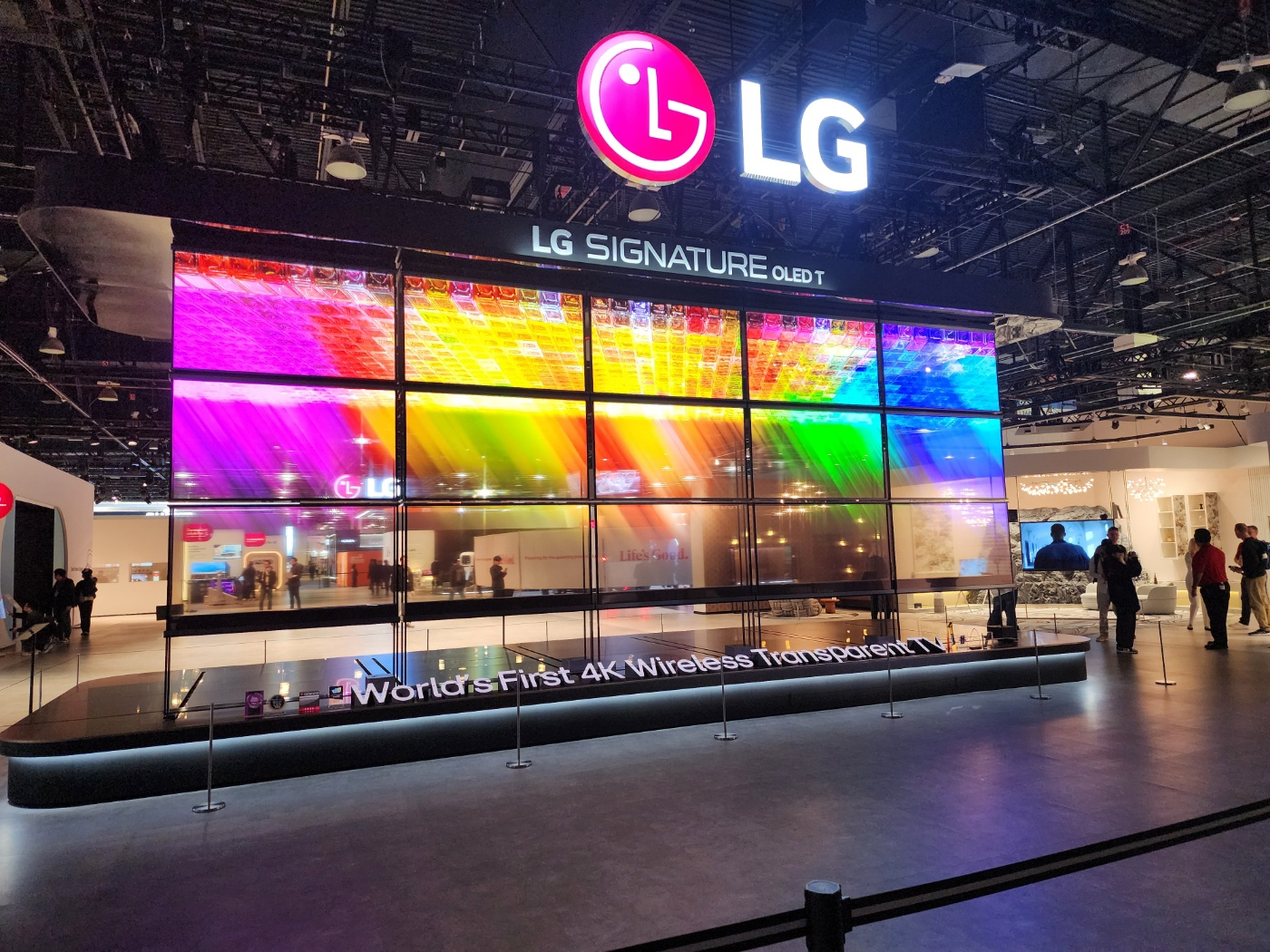
전 산업 분야에서 AI 이용의 일반화, AI와 같은 첨단기술의 적극 활용은 '현재 진행형'이다. 이 말은 첨단기술을 활용한 디지털 혁신의 최종 목표와 실행 전략이 매우 중요한 변수가 된다는 의미이다. 바로 각 산업 영역의 '디지털 전환(Digital Transformation; DX)'과 관련된 이슈이다.
'디지털 전환'은 CTA가 CES2024 전면에 부각시킨 화두는 아니다. 행사를 보도한 언론들도 디지털 전환이라는 용어를 많이 사용하지는 않았다. 그러나 이것은 CES의 '화려한 외형'만 쫓다가 핵심을 놓쳤기 때문이라고 지적할 수 있다. 디지털 전환은 CES에 참여한 모든 산업영역, 모든 기업의 본질적 관심사이자 핵심 테마였다고 해도 과언이 아니다.
CES의 가장 중요한 이벤트인 기조연설만 보아도 CTA가 얼마나 디지털 전환에 높은 관심을 두고 있는지 확인할 수 있다. CES2024에서는 CES 사상 최초로 글로벌 화장품 제조사 로레알의 이에로니무스 CEO가 기조연설 무대에 올라 큰 화제가 되었다. 그는 AI를 기반으로 개발한 '뷰티 지니어스'라는 앱(기술)을 활용해 전통적인 뷰티 서비스를 혁신하고, 로레알과 소비자를 새로운 방식으로 '연결'하는 디지털 전환의 성공사례를 소개하였다.
미국의 대형 유통업체 월마트의 더그 맥밀란 CEO의 기조연설 내용도 월마트가 AI를 접목시켜서 추진하고 있는 디지털 전환 사례로 채워졌다. 그는 기조연설에서 오프라인 대형할인매장 '샘스 클럽(Sam's Club)'을 단계적으로 앱 기반의 온라인 서비스로 전환하면서 월마트와 소비자의 '관계'를 어떻게 재정립해 나가고 있는지를 설명하였다.
CES2024의 트렌드를 보더라도 올 한 해 AI 등 첨단기술을 산업 현장과 제품에 접목시키려는 기업들의 다양한 혁신 시도와 디지털 전환 노력은 더욱 가속화 될 것으로 예상된다.
셋째, 이번 CES2024의 핵심 메시지는 "기술의 발전을 넘어서 기술을 통해 개별 국가, 전체 인류가 안고 있는 문제 해결에 집중해야 한다"는 것으로 요약할 수 있다.
CES2024 주최사인 CTA는 기후변화에 대응하여 에너지 효율성 제고, 깨끗한 물의 확보와 환경보호, 스마트 시티, 회복력 등 지속가능성(Sustainability)을 높이는 방향으로 첨단기술과 기업이 기여해야 한다는 점을 분명히 밝혔다. 지속가능성 테마는 AI와 더불어 이번 CES를 관통한 양대 흐름이었다고 할 수 있다. 그만큼 출시된 제품 및 기술, 관련 논의의 양적 규모가 컸다고 할 수 있다.
지속가능성에 대한 관심과 실천은 주요 참가기업들의 ESG 경영기조와 맞물리면서 전시공간에서 큰 비중을 차지했다. 가장 눈에 띈 국내 기업은 SK그룹이었다. LVCC 센트럴홀에 자리잡은 SK전시장은 '인류의 지속가능한 행복과 기업의 성장'을 모토로 통합 전시관을 꾸몄다. 이 전시관은 탄소 감축 기술을 중심으로 참관자들이 직접 '넷제로 행복 세상'을 체험할 수 있도록 운영했다.
삼성전자 전시관은 "모두를 위해 함께 만들어 나가는 지속 가능한 미래"라는 주제 하에 '지속가능성 존'을 가장 먼저 둘러보도록 배치하였다. 특히 기후행동과 자원순환이라는 두 가지 목표 달성을 위한 자사의 노력과 성과를 지속가능성 존 입구에 설치된 아카이브 월 전체에 담아 놓은 것은 매우 인상적이었다.
뿐만 아니라 환경을 생각하는 자원순환 노력, 스마트 에너지 솔루션, 환경 난제 해결을 위한 스마트업과 협업(C랩 아웃사이드)까지 보다 나은 미래 구현을 위해 노력하는 삼성전자의 활동이 자세하게 소개되었다.
기후위기에 대응하기 위한 환경보호 등 지속가능성 확보를 위한 CTA의 구체적인 실천도 참관자들에게 신선한 자극을 주기에 충분했다. CTA는 자원절약과 환경보호를 위해 지금까지 무의식적으로 제공했던 참관자 ID카드의 비닐커버를 제공하지 않았다. 또한 매 행사 때마다 의례적으로 매일 발행하여 막대한 양의 쓰레기로 소모되었던 종이 소식지 배부를 중단하고 모바일을 통한 행사 소식 전송으로 대부분 대체했다.
마지막으로 한 참관자는 "대한민국 기업이 없었다면 이번 CES는 어떻게 되었을까?"라는 질문으로 CES2024에서 한국이 차지한 비중과 위상을 표현했다. 이는 "CES2024에서 한국의 존재감이 매우 뚜렷했다"는 CTA 핵심 인사들의 공통된 평가와도 맥락을 같이 한다.
CES 한국 공식 에이전시인 한국정보통신기술산업협회(KICTA)에 따르면 KICTA를 통해 CES2024에 공식 참가한 한국 기업은 772개사였다. 자체적으로 참가한 기업까지 포함할 경우 850개사 이상으로 확인되었다. 1148개사가 참가한 개최국 미국, 1104개사가 참가한 중국에 이어 한국은 세번째로 많은 기업이 CES에 참가했다.
특히 참가기업 수로 확인된 스타트업의 양적 성장이나 기술력은 눈에 띈다. CTA가 발표한 자료에 따르면 CES2024에 전 세계적으로 스타트업 1400여곳이 참가했는데, 이 중 한국의 스타트업은 512개사로 전체 스타트업의 35% 정도를 차지했다. 인구 기준으로 보면, 한국의 참가기업이나 참관자 숫자는 다른 나라를 압도했다.
한국 기업들의 높은 기술력이 CES에서 인정받은 것도 큰 성과이다. LG전자가 선보인 세계 최초 무선 투명TV는 CES 기간 동안 큰 화제가 되었다. 미국 경제매체 '포브스'는 "LG전자가 투명 올레드(OLED) TV로 CES2024를 강타했다"고 보도했다. 이러한 관심에 힘입어 TV 제품으로는 유일하게 최고상(The Best of CES2024)을 수상했다.
이와 더불어 CTA는 저화질 콘텐츠를 8K 화질로 선명하게 바꿔주는 삼성전자의 ‘8K AI 업스케일링 프로’도 최고 혁신기술 중 하나로 꼽았다. 이외에도 대기업뿐만 아니라 신생 스타트업까지 다수의 국내기업들이 CES 혁신상을 휩쓴 것도 CES2024의 큰 성과로 기록될 것이다.
화려했던 '지구 최대 IT쇼' CES2024는 막을 내렸다. 이제는 그것의 성과와 의미, 그리고 과제를 차분하게 정리할 시간이다. 쇼는 화려했지만 기업 간 경쟁은 치열했고, 참가기업들이 받아든 성적표는 냉정했을 것이다.
연초에도 계속되는 국내외 경기위기에 대한 경고음, 이를 촉발시킨 미중갈등 및 지역분쟁 등 국제정세의 불안정, 저출산과 고용문제는 해법이 보이지 않는다. 그럼에도 불구하고 이번 CES2024 기간 동안 확인된 우리 기업들의 높은 혁신 역량과 수많은 참관자들의 뜨거운 열정은 우리 사회가 처한 복합위기를 헤쳐나갈 원동력으로 삼기에 충분하다고 믿는다.

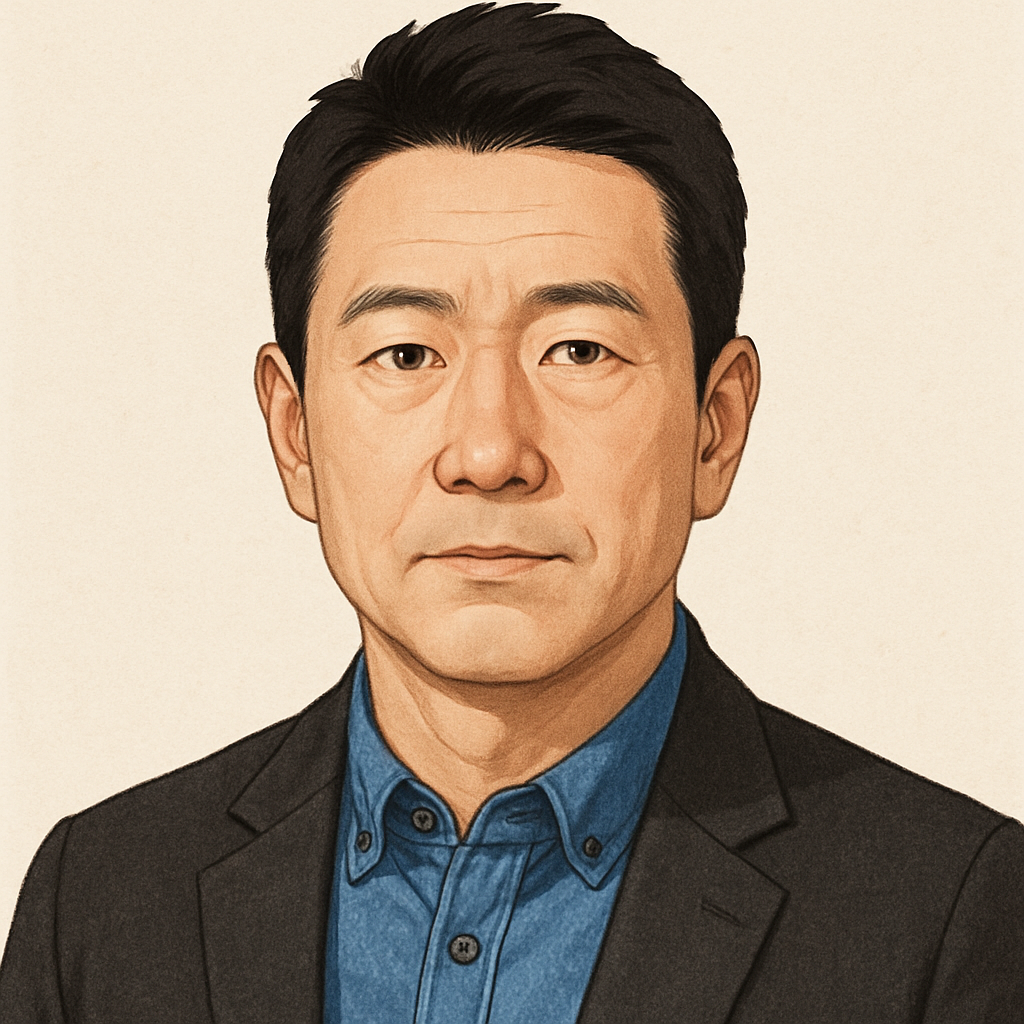


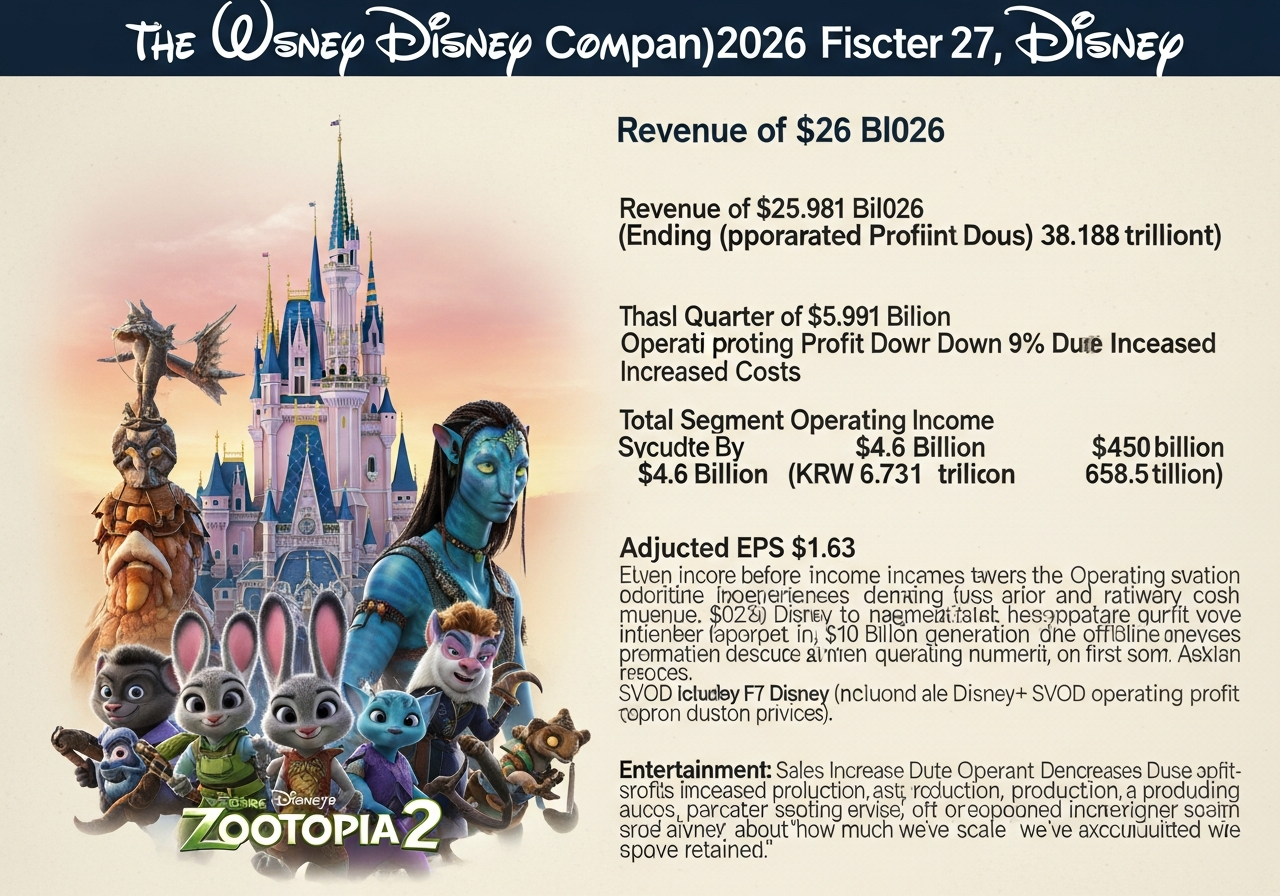



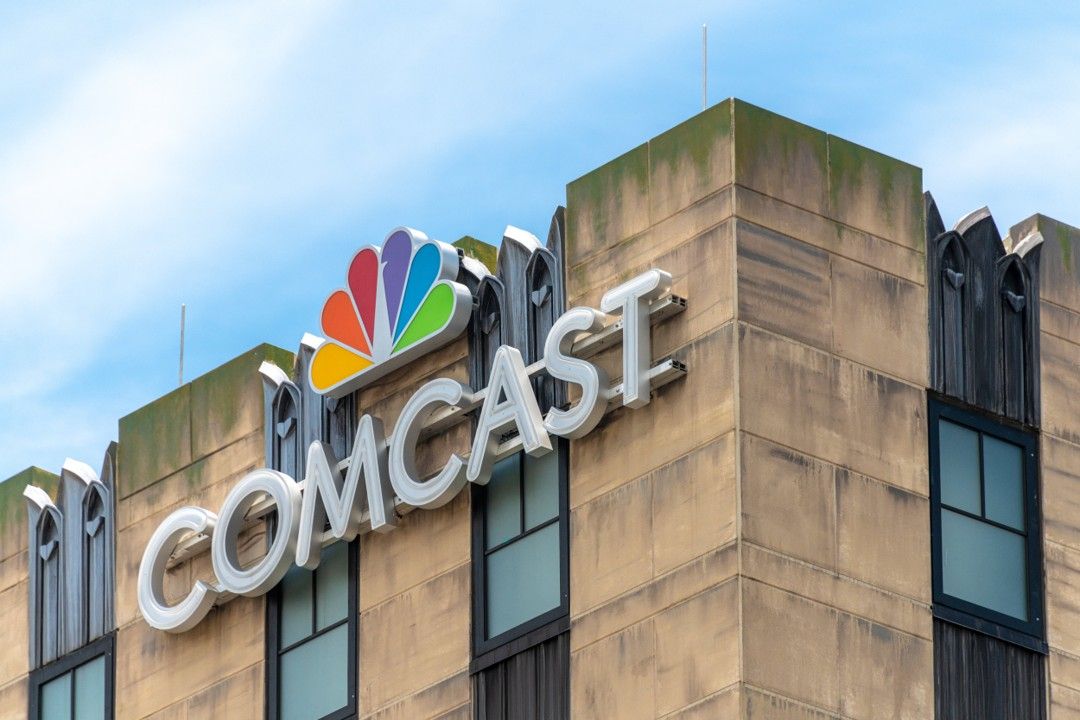



![[프리미엄 리포트] 미국 케이블TV 2025, 변화와 미래 전략](https://cdn.media.bluedot.so/bluedot.directmedialab/2025/05/vj931j_202505270106.png)
